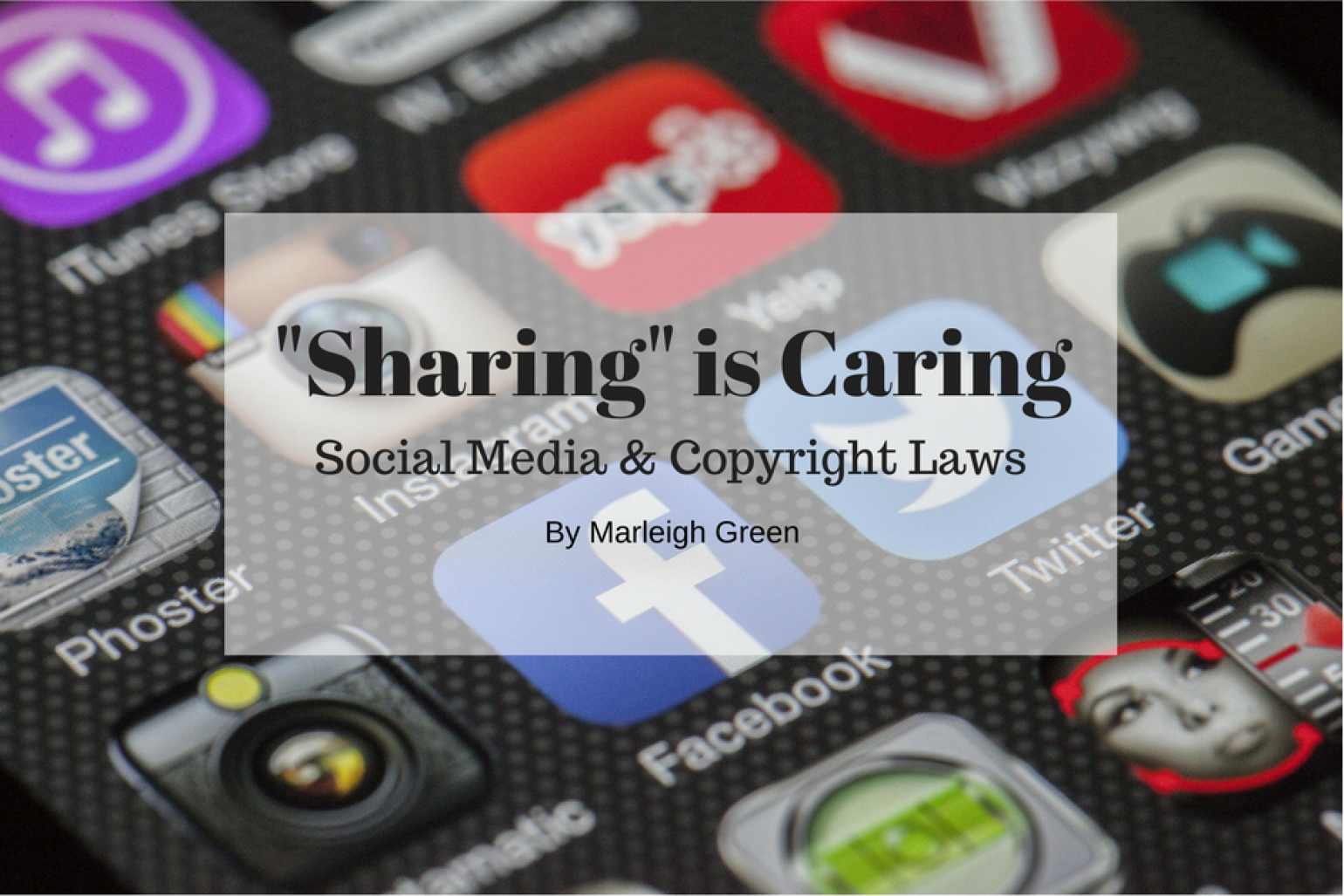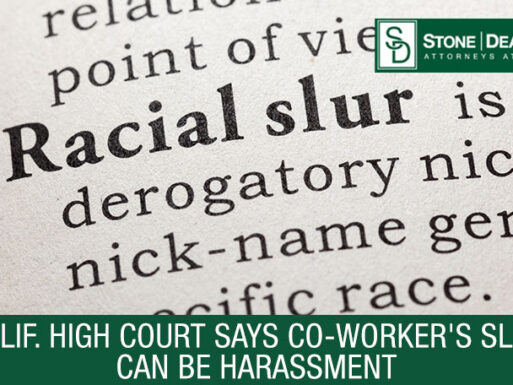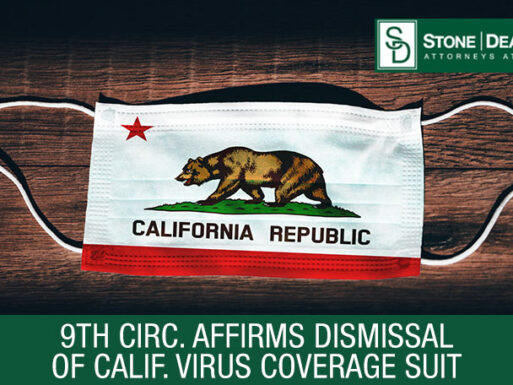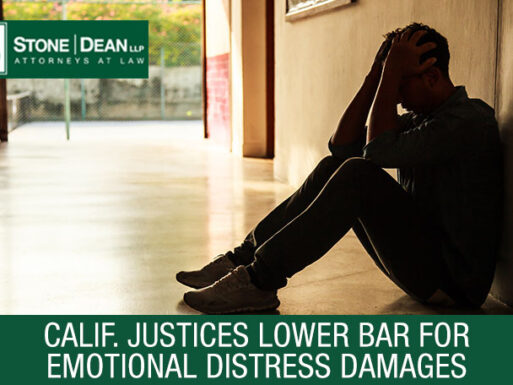“Sharing” is Caring: Social Media & Copyright Laws
Are Social Media Posts Subject to Copyright?
Social Media is still in its infancy, leaving the legal industry scrambling to catch up. With websites like Instagram, Twitter, YouTube, and Facebook gaining popularity among individuals and businesses alike, new lawsuits are arising that call the whole concept of copyright and content ownership into question.
Recently, social media star Josh Ostrovsky was accused of plagiarizing jokes on his social media pages. Even though he has not been formally charged in a court of law, the court of public opinion had its say, and the backlash led to him losing a contract with Comedy Central. Fashion blogger Michelle Phan was recently fined for using copyrighted music in her videos, and a Florida woman is suing Forever 21 for reposting an Instagram photo without crediting her.
With these social-media horror stories giving rise to a discussion surrounding online intellectual property ownership, it’s important to know how Copyright works, what constitutes copyright infringement, what constitutes “fair use,” and horror-story avoidance techniques.
Especially for businesses, here’s what one should keep in mind when posting online:
What’s the Difference Between Copyright Infringement and Plagiarism?
Plagiarism applies to the use of an idea without crediting the author. Copyright infringement protects the expression of an idea, but not the actual idea. If you took a piece of original content, changed the wording, and published it, you could be sued for plagiarism, but not for copyright infringement.
What About “Fair Use”?
The Fair Use Doctrine is frequently invoked on the internet, but what does it mean?
Fair Use usually applies in situations where copyrighted material is used for news or educational purposes. For instance, showing a movie such as Supersize Me in a classroom to teach high-school students the value of eating healthy is Fair Use. Additionally, an established film critic referencing quotes from the film in their review would also be considered Fair Use.
If you were to show Supersize Me to an audience and charge admission, however, it would be a violation of copyright law because you would be directly profiting off of someone else’s work.
Can I Be Sued for a Retweet?
It all comes down to money.
If your company is profiting off of another person’s social media posts, even crediting the user with a “Retweet” or “Repost” won’t necessarily prevent you from getting into legal trouble. The holder of the copyright has exclusive rights to publish their content: credit and permission are not the same.
For instance, the plaintiff in the Forever 21 case argues that the company used her Instagram photo to advertise, thus generating revenue from it. Even though the company contacted her and asked for permission, she was not given credit for it.
Originality is important to consider when it comes to copyright infringement. Since tweets have a maximum of 140 characters, it is unusual to copyright a tweet, but it isn’t unheard of.
Twitter’s Terms of Service states unequivocally that “What’s yours is yours — you own your content.” So persons looking to profit from content off twitter should give it a read and keep it mind, or otherwise suffer potential backlash and consequences.
How do I secure Copyright for my work?
Securing Copyright is a frequently misunderstood process as most believe you must either publish your work or register it with the U.S. Copyright Office. This is no longer the case as it was under the Copyright Act of 1909.
Copyright is automatically secured when the work in question is created and fixed in a copy or recorded. If one can either see or hear a copy of the work, then it is protected under the 1976 Copyright Act. Publication is no longer required to secure Copyright (as was key under the Copyright Act of 1909) nor is it necessary to give notice of copyright (through it is certainly beneficial). These protections cover both published and unpublished intellectual works.
Copyright protection terms usually last 70 years past the copyright owners’ death, after which the work then becomes public domain. Works created for hire or under an unregistered pseudonym are protected for 95 years after publication or 120 years after creation.
Copyright registration with the U.S. Copyright Office is no longer required to protect intellectual works under the law. However, registration can be important to protect large-scale projects and groundbreaking work; though it is now seen as a legal formality. Registration with the Copyright office can be completed online or on paper by submitting an application, filing fee, and the registered work.
For more information on the Copyright office, process, and specific protections offered under the law, visit the U.S. Copyright Office “Copyright Basics” information sheet by clicking here.
How Do I Avoid a Lawsuit?
The best way to cover your bases is to consistently link back to the source when you share content. Read the copyright infringement policy of the social media sites you use and find out if you would be held personally liable for a violation of copyright law. Asking for permission to post something helps as well, particularly when it comes to avoiding plagiarism claims.




